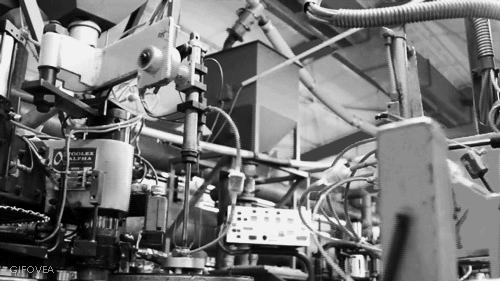If our species is fortunate (and wise) enough to survive deep into the future, we’ll continually redefine why we’re here. I doubt anyone would want people in 2325 to subsist on currency paid to them for piecing together fast-food sandwiches. Those types of processes will be automated and everyone will hopefully be working on more substantial issues.
The problem is, we really don’t need humans doing that job right now. And pretty soon, we won’t need delivery drivers, truck drivers, taxi drivers, bellhops, front-desk agents, wait staff, cooks, maintenance people and many other fields, a number of them white-collar positions that were traditionally deemed “safe.” In addition to figuring out what our new goals need to be, that type of technological unemployment could bring about a serious distribution problem. If the transition occurs too quickly, smart policy will need to be promptly deployed.
In the Edge piece “AI and the Future of Civilization,” Stephen Wolfram tries to answer the bigger question of what role humans will play as automation becomes ubiquitous. The scientist believes our part will be to invest the new machines with goals. He says “that’s what humans contribute, that’s what our civilization contributes—execution of those goals.”
The opening:
Some tough questions. One of them is about the future of the human condition. That’s a big question. I’ve spent some part of my life figuring out how to make machines automate stuff. It’s pretty obvious that we can automate many of the things that we humans have been proud of for a long time. What’s the future of the human condition in that situation?
More particularly, I see technology as taking human goals and making them able to be automatically executed by machines. The human goals that we’ve had in the past have been things like moving objects from here to there and using a forklift rather than our own hands. Now, the things that we can do automatically are more intellectual kinds of things that have traditionally been the professions’ work, so to speak. These are things that we are going to be able to do by machine. The machine is able to execute things, but something or someone has to define what its goals should be and what it’s trying to execute.
People talk about the future of the intelligent machines, and [whether] intelligent machines are going to take over and decide what to do for themselves. What one has to figure out, while given a goal, how to execute it into something that can meaningfully be automated; the actual inventing of the goal is not something that in some sense has a path to automation.
How do we figure out goals for ourselves? How are goals defined? They tend to be defined for a given human by a small history of their cultural environment, the history of our civilization. Goals are something that are uniquely human. It’s something that almost doesn’t make any sense. We ask, what’s the goal of our machine? We might have given it a goal when we built the machine.•
Tags: Stephen Wolfram

